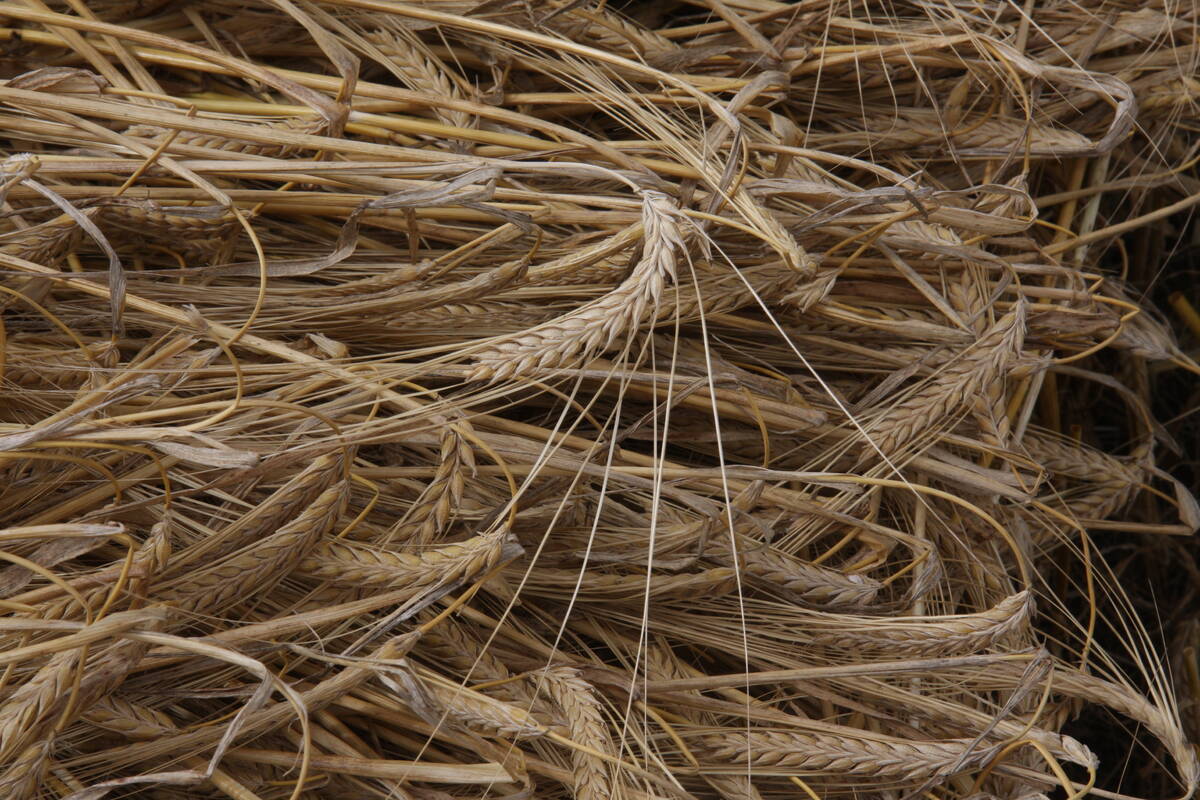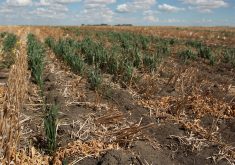CALGARY – One of the founders of Greenpeace said the group is committing a crime against humanity with its fear-mongering campaign aimed at eliminating genetically modified crops.
Patrick Moore, who helped take the organization from a church basement in Vancouver to a $100 million enterprise by the time they parted ways in 1986, said the group’s politics are clouding its judgment on important issues like nuclear energy and agricultural biotechnology.
He said Greenpeace has become anti-everything, following a political agenda that has more to do with fighting capitalism and globalization than it does with protecting the environment and humanity.
Read Also

Feedgrain prices expected to plummet
A massive U.S. corn crop is keeping a lid on Canadian feed barley prices.
That agenda includes waging a 10-year war against GM crops, using Hollywood terms like Frankenstein foods, killer tomatoes and terminator to convince the public they are dealing with a monstrous technology.
“During that period there has not been a single example put forward of a demonstrated harm to human health or the environment by genetically modified crops,” said Moore.
Eric Darier, GMO campaign co-ordinator for Greenpeace Canada, said people need to put Moore’s comments in perspective.
“He’s a lobbyist paid by everybody, the forestry industry, the nuclear industry, biotechnology companies,” he said.
Darier disagreed that Greenpeace is an anti-capitalism crusader, noting that the environmental group works with progressive companies to publish shopping guides of products it feels are better than others.
“Greenpeace is not against industry or against business. We are in favour of good business practices that are good for the environment,” said Darier.
Moore, the former president of Greenpeace Canada, is so disenchanted with the organization that he has started a rival environmental group called Greenspirit, which he says supports causes based on science, logic and common sense rather than politics, ideology and environmental extremism.
“I had been against at least three or four things every day of my life for 15 years. I decided I would like to be in favour of something for a change,” said Moore.
Agricultural biotechnology is one thing he supports. Moore believes it provides answers to some of the most pressing problems facing humanity – food shortages, water scarcity and malnutrition.
He said golden rice is a glaring example of how Greenpeace’s anti-corporation agenda is blinding the group from pursuing what should be humanitarian objectives.
Golden rice is a GM crop with high levels of beta-carotene, a precursor of vitamin A, a valuable nutrient that is absent in conventional rice crops. Vitamin A deficiency is responsible for one to two million deaths and 500,000 cases of irreversible blindness annually, according to the World Health Organization.
However, Darier said the source of malnutrition around the globe is more nuanced. It has to do with who owns farmland, how food is distributed, access to water and political instability.
“The last thing we need is the introduction of a new technology that is going to control the seed sector by a large multinational.”
Instead of genetically manipulating rice to produce vitamin A, society needs to address the real issue, which is why many people around the world only have access to rice instead of a balanced diet.

















